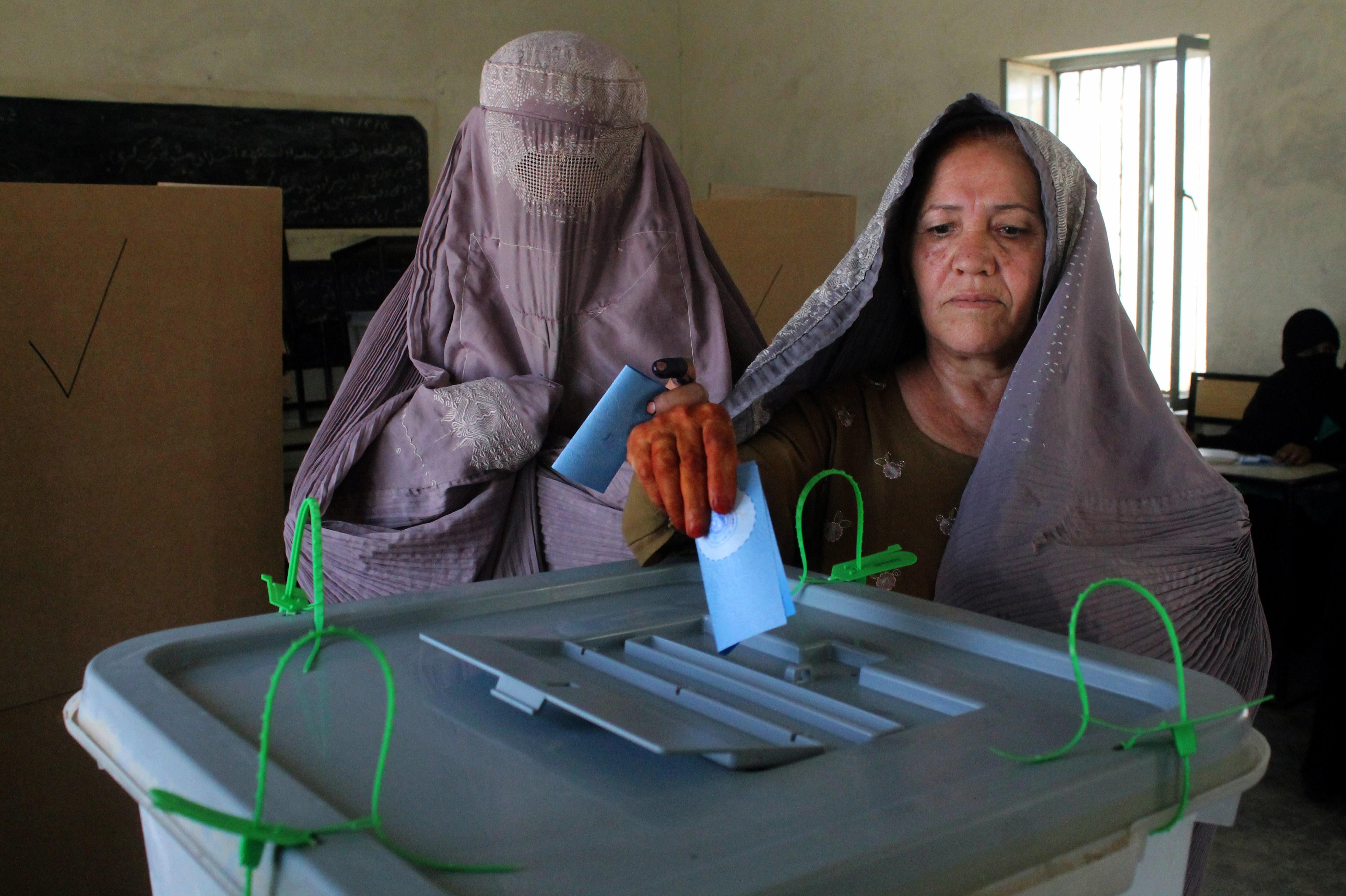After an impressively smooth first round of voting in April and a relatively stable runoff vote involving 7 million people over the weekend, it’s now starting to look like the wheels are coming off what is hoped will be Afghanistan’s first peaceful transfer of power.
Abdullah Abdullah, the former foreign minister who led after the first round of voting, is now alleging widespread fraud, saying the system is rigged to benefit his rival, former World Bank economist Ashraf Ghani. In addition to ballot-stuffing, he says that a number of his campaign’s observers have been detained and that outgoing President Hamid Karzai has been interfering in the campaign. He has suspended cooperation with the country’s’ election commission and is now calling for the U.N. to adjudicate.
An Abdullah campaign official alleged “industrial-scale fraud” aimed at maintaining Karzai’s influence after he steps down or engineering a situation where he will stay in power. Street demonstrations seem likely in the coming days.
Abdullah was extremely confident of a wide margin of victory in a Skype conversation with journalists and think tank scholars in Washington last week, dismissing polls showing the gap between him and Ghani shrinking.
Even the election commission itself acknowledges that incidents of fraud were widespread, though not on the scale of Karzai’s controversial 2009 re-election over Abdullah. (This is, admittedly, a low bar.) International observers have been more hands-off this time around. Preliminary results are expected on July 2.
While we should be wary of drawing parallels between very different countries, the last two weeks’ events in Iraq will certainly heighten concerns about the Afghan state’s stability as the U.S. draws down its troop presence. If a significant portion of the country feels this election—which has already seen long-standing ethnic tensions exacerbated—is illegitimate, those concerns will become even more pressing.
